Health Information
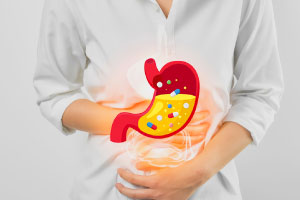
A common myth of taking medicines to get rid of stomach aches and pains
It is known that stress and anxiety can make you feel an occasional or recurring pressure in your stomach, sometimes it is intensified by cramping or pain. Some people prefer to buy over-the-counter medications in a nearby pharmacy store to relieve the syIntestinal tract disease
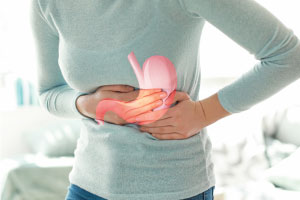
GERD diet: Foods to eat and avoid
Gastroesophageal reflux disease, or GERD, describes the return of the stomach’s contents back into the oesophagus. It is prevalent in Hong Kong. If patients are suffering from GERD, they may experience a burning sensation (heartburn) in the chest (usuallyIntestinal tract disease
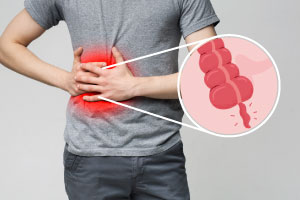
Exercising immediately after eating might cause appendicitis, is it true?
You may have probably heard your mum say this before: “Don’t run after eating! Later get appendix (appendicitis)!” Sometimes, the abdominal cramping after eating tends to happen often with a workout. It makes many people believe the saying is true. Does jIntestinal tract disease
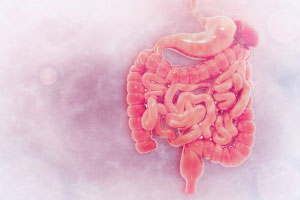
Probiotics: What You Need To Know
The definition of probiotics identified by FAO and WHO is the live microorganisms which when administered in adequate amounts confer a health benefit on the host. According to a research carried out in the 1970s, probiotics may help lower the risk for sevIntestinal tract disease
Cancer
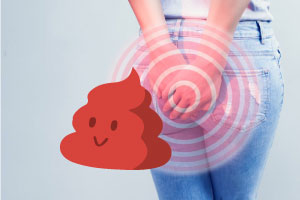
Why You Should Never Ignore Blood in Your Stool
Bloody stool is a common symptom. Food passes through the digestive system in the following order: Mouth, oesophagus, stomach, the small intestine, the large intestine (colon) and rectum. Blood in stoor usually indicate a problem in a part of the digestivIntestinal tract disease
Haemorrhoid & stool blood
Cancer

 3405 8288
3405 8288
